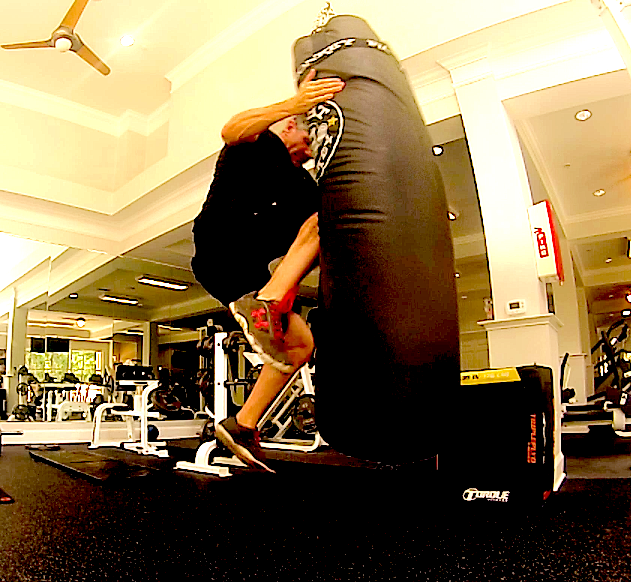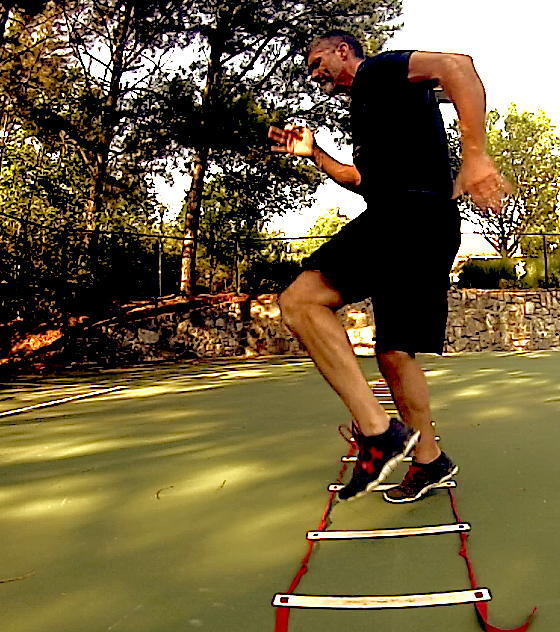
Train For Your Sport…Not Just In Your Sport
Today the BRF discussion is going to be driven in a slightly different direction. Today I’m going to address the difference between athletes that train FOR their sport and athletes that just train IN their sport. There is a major difference in the two scenarios because the outcomes are proven. Keep on reading to learn more!
Training For Your Sport vs. Training In Your Sport
As a strength coach over the past 10 years or so I’ve noticed a pattern in youth sports. Many kids today (under their parent’s guidance) tend to gravitate towards specializing in one sport very early. Now as you may or may not know I’ve written in greater detail the pros and cons of specialization and there is eventually a time and place for it during a serious athlete’s career.
However, for the sake of today’s discussion I want to talk about what some of the drawbacks are that are associated with specialization and why these negative factors associated with specialization can easily be deterred. For starter’s let’s identify the differences that I’m referring to here in this video.
As you can see when an athlete is essentially trying to become better at their sport solely by practicing the skills associated with their sport they are limiting their performance and subjecting themselves to possible problems such as injury.
If we are talking about an athlete that is constantly trying to hone a specific skill within their sport it certainly makes sense for that athlete to practice that skill over and over. However, I will also say that there is a point where the athlete will experience the law of diminishing returns.
To use just one example if we’re talking about a baseball player taking cuts in the batting cage I don’t care how many hours they spend practicing the act of hitting it is statistically proven that they won’t end the season with an average any better than .366 even if they have the greatest season of their career and happen to be the best player of all time.
The point is that one must recognize that there are other aspects of the game that the player can work on in order to get better. Without stating the obvious there is a reason why top level teams and organizations invest so much in strength and conditioning coaches and training programs.
The point of this is that the best teams, organizations, and individuals understand the importance of investing in the total athlete. By engaging in a strength and conditioning program the trainee (whether they are specializing in a sport, or not) can work to offset many of the repetitive movements associated within their sport to reduce the likelihood of injury while at the same time increasing their athletic performance skills.
So the key here is to understand that if you are solely training within your sport then you are behind and will NOT be able to compete..period. It’s been proven that athletes that are stronger, faster, better conditioned, better balanced, and overall better tuned physically will always excel at their sport.
As a strength coach that embraces the belief of hard work and smart work there is no comparison between an athlete that trains solely within their sport when matched up to an athlete that trains for their sport. One just wants to try and play and the other actually does play! That’s the difference.
In addition to this it’s about understanding the concept of dedication and commitment. I also recently wrote about the difference in those that were committed vs. those that were uncommitted. If you want a concrete example in an athlete that was committed to forging their body for their sport I can think of no better example than this.
I hope today’s post got you thinking. If it did feel free to post up in the comment box below. Stay strong and keep training smart.
Related Articles:
The Committed vs. The Uncommitted
Get Free Updates And Training Guides Here





